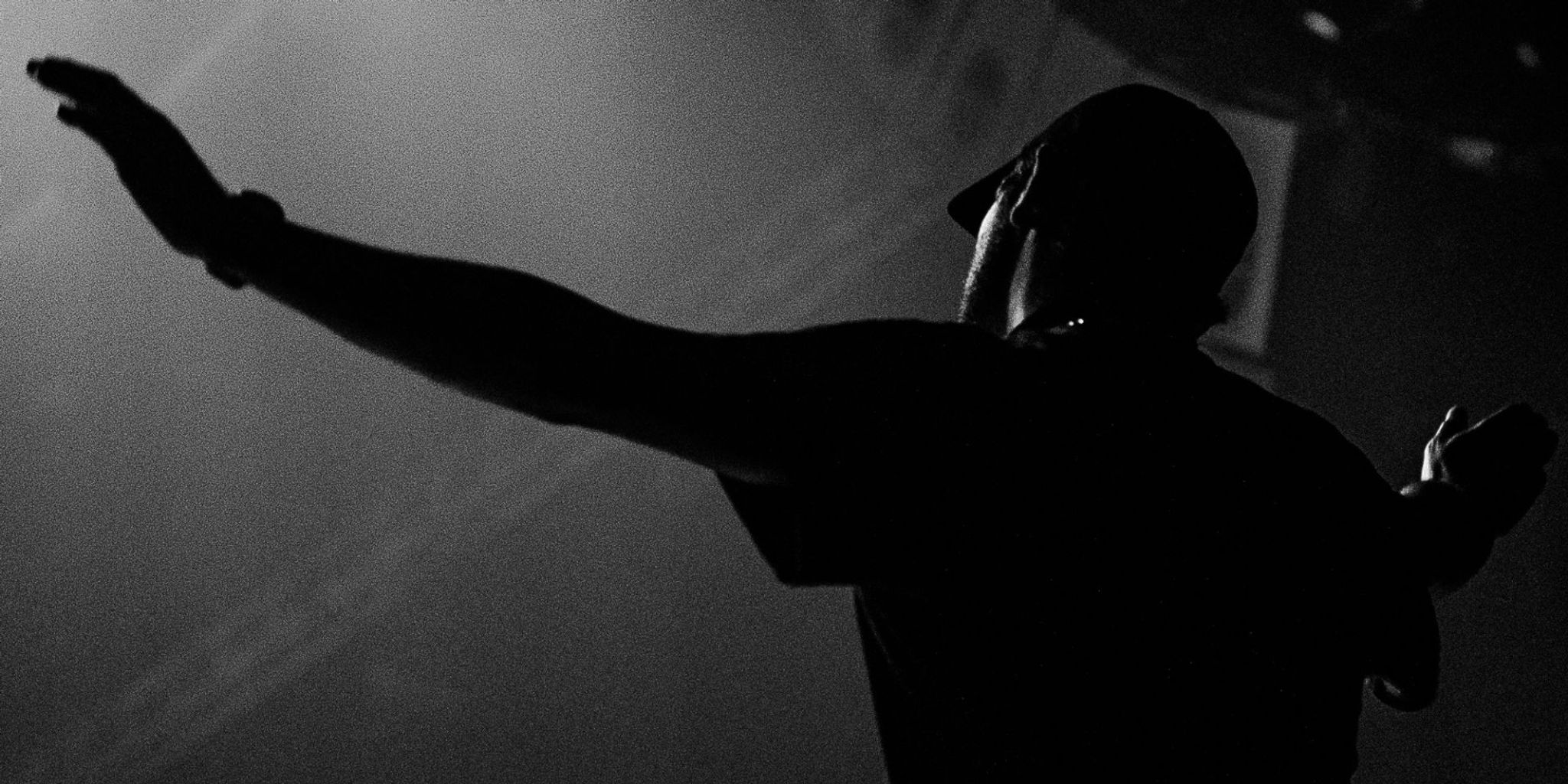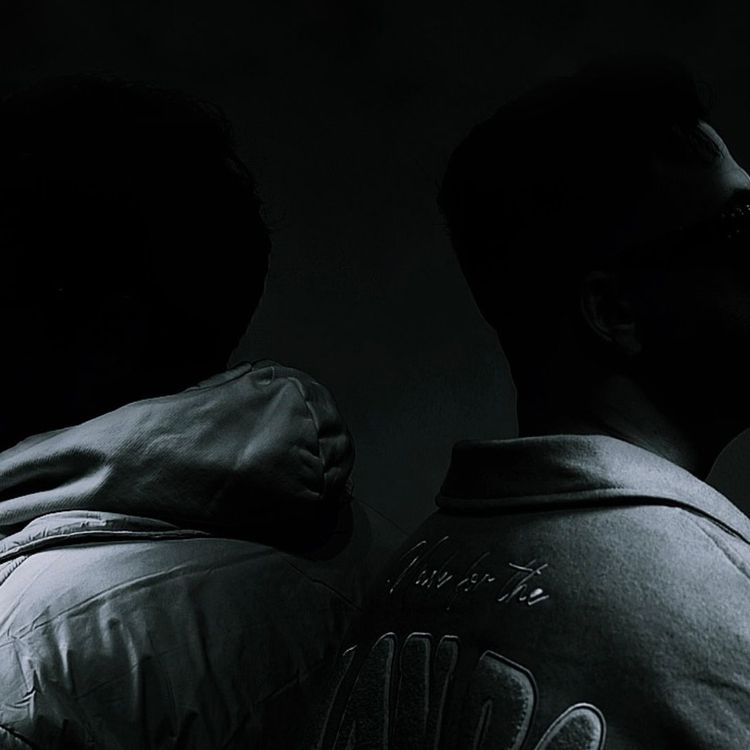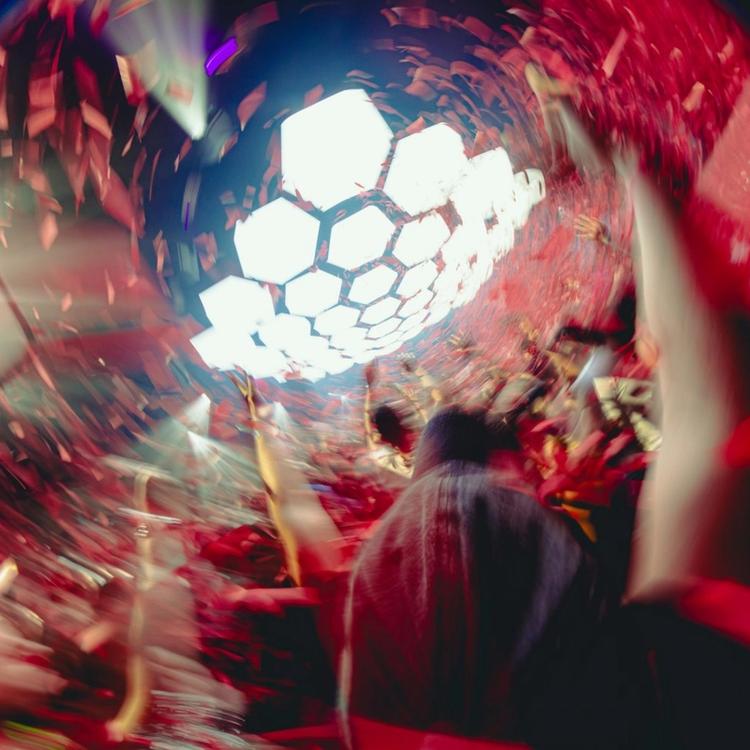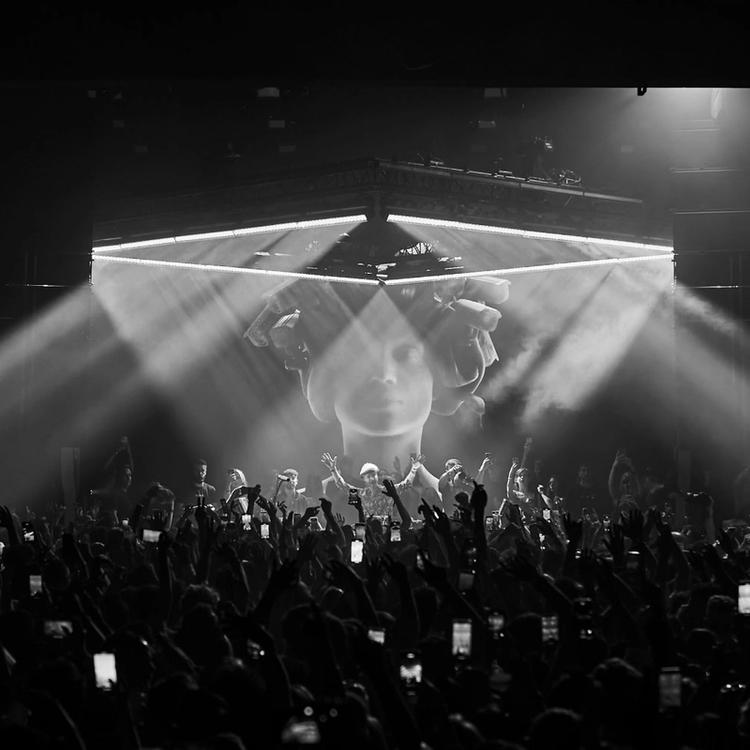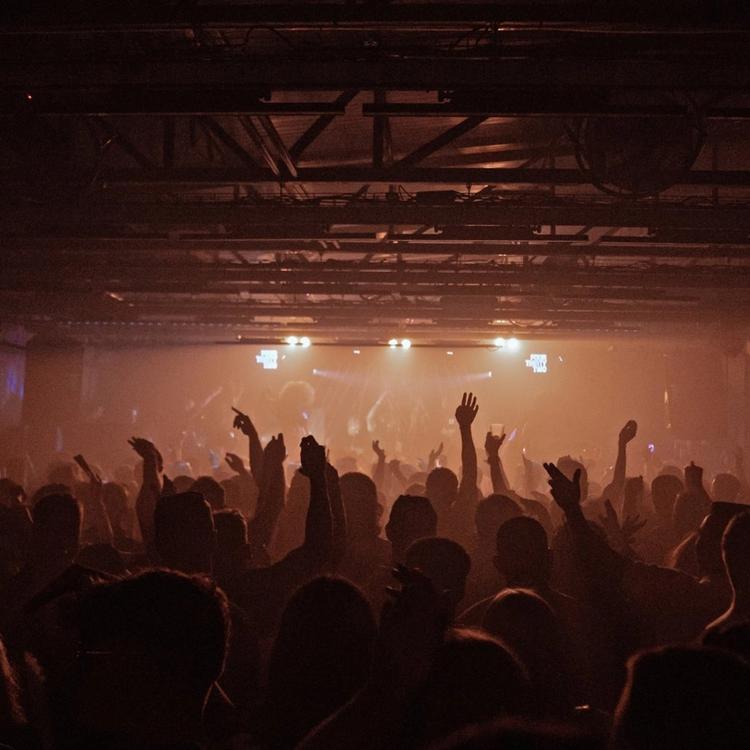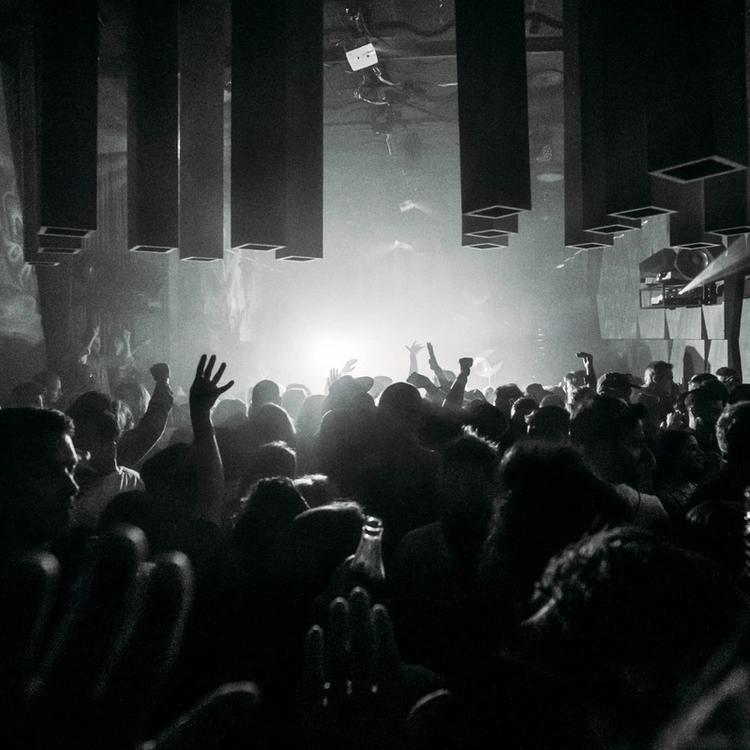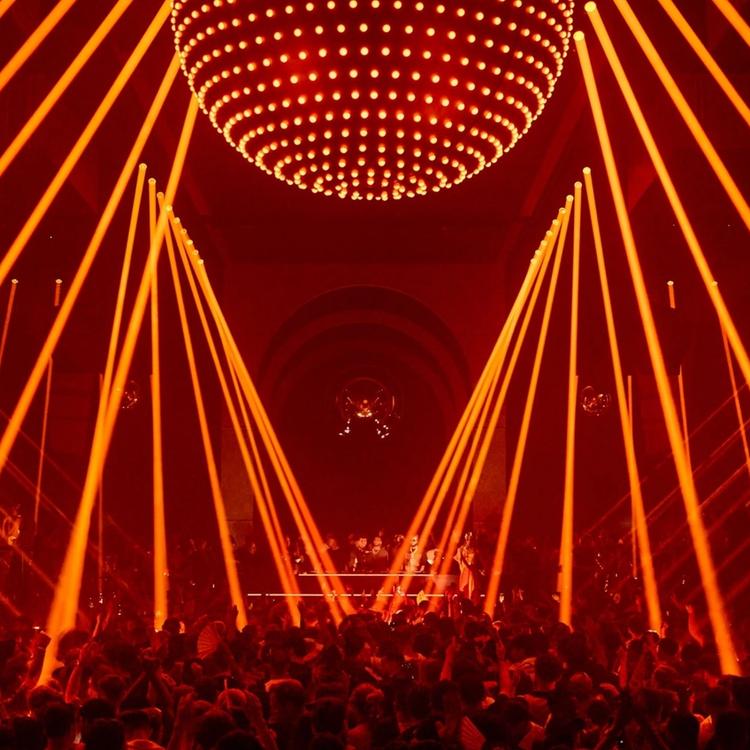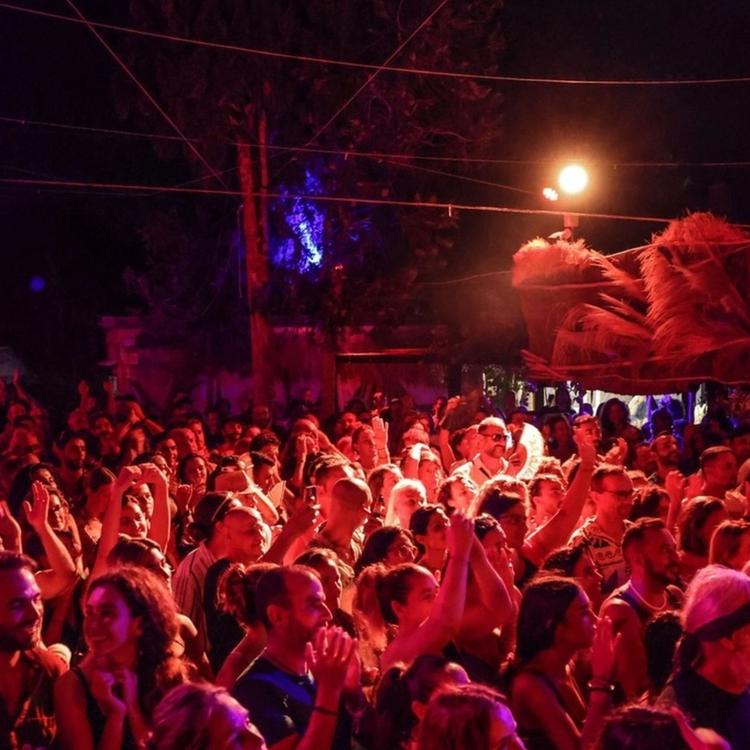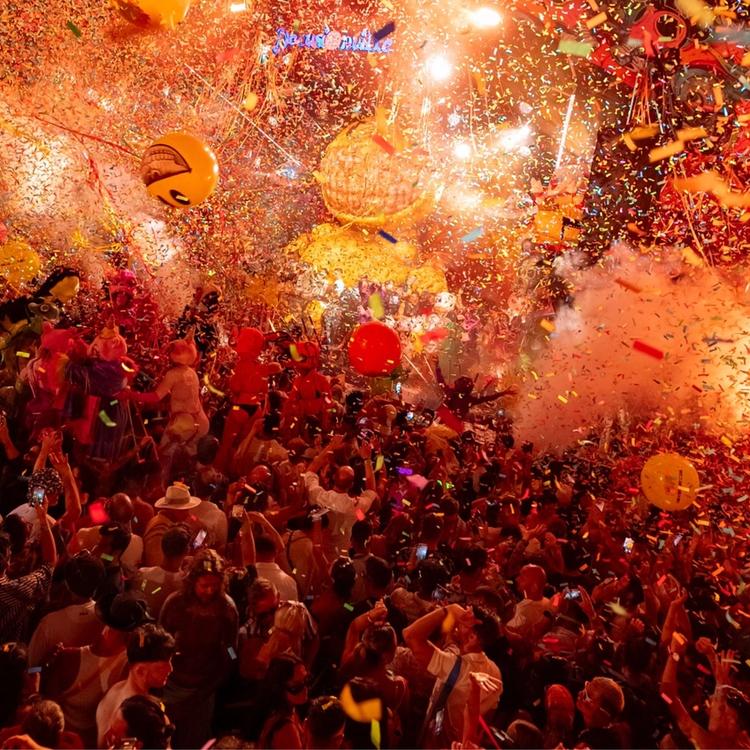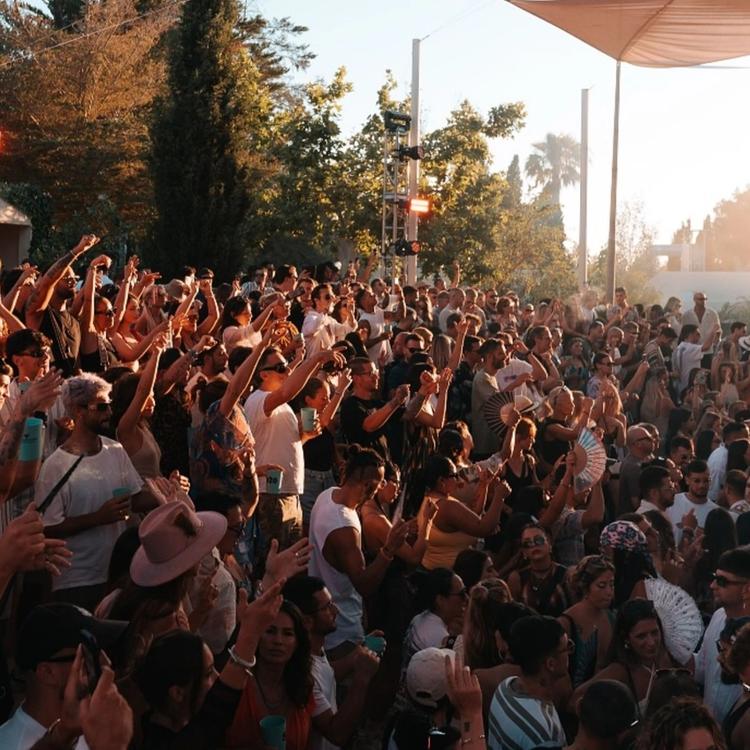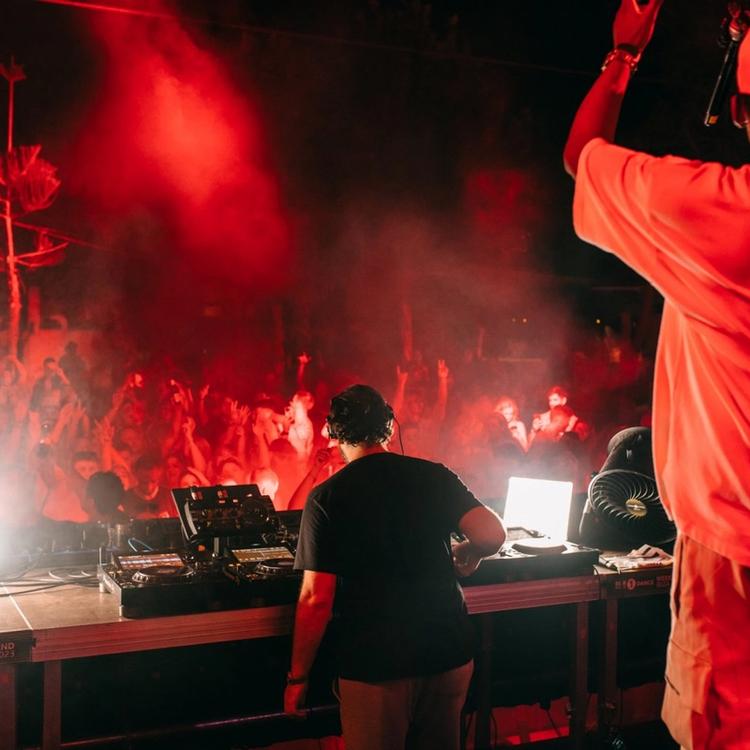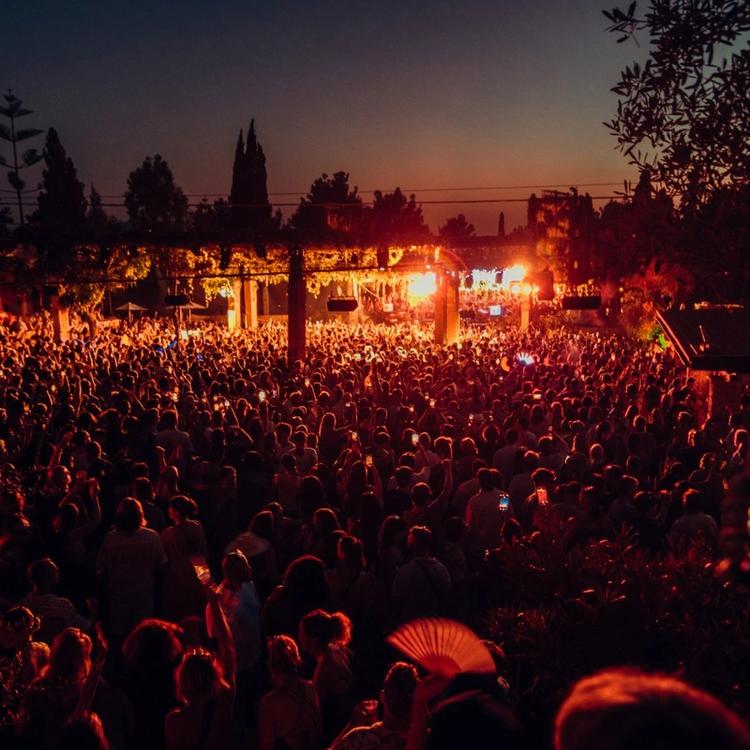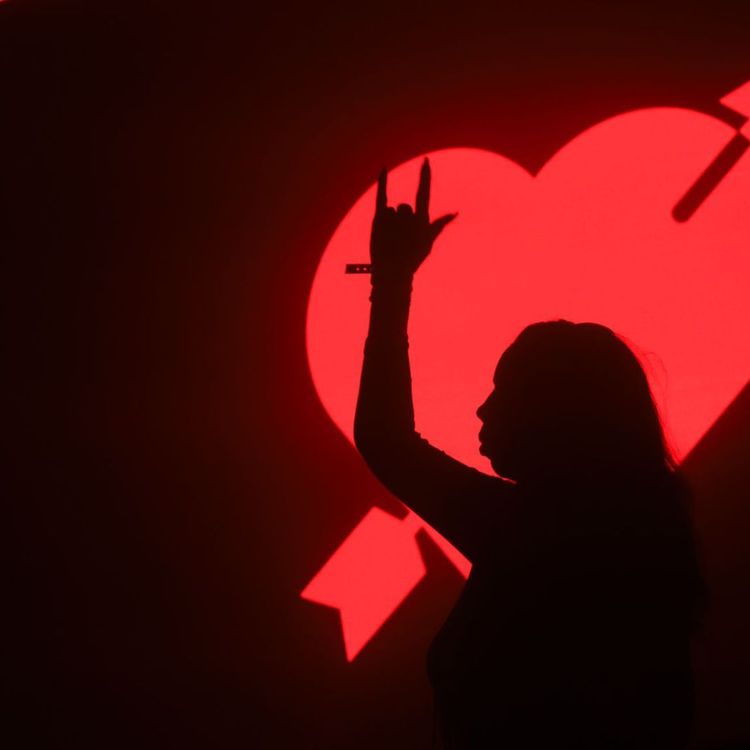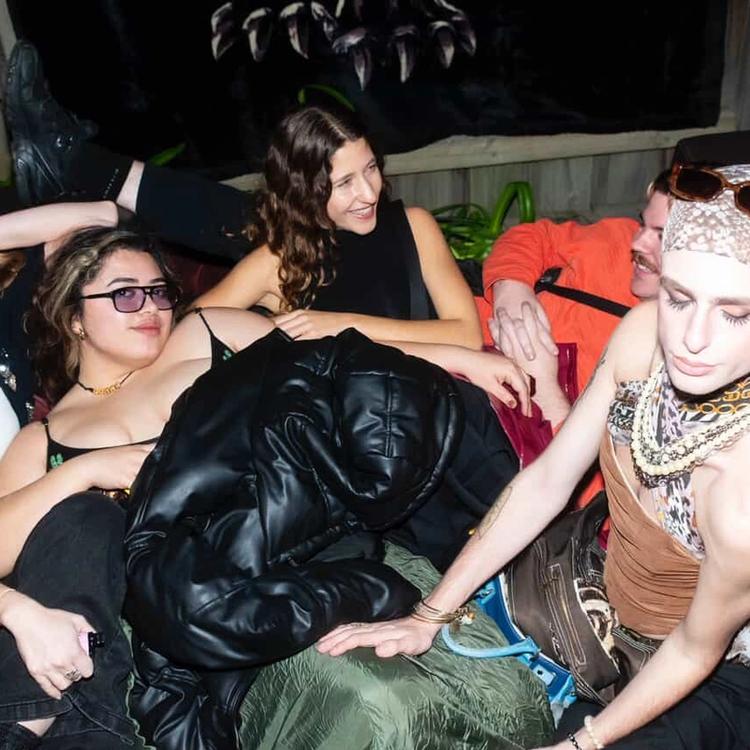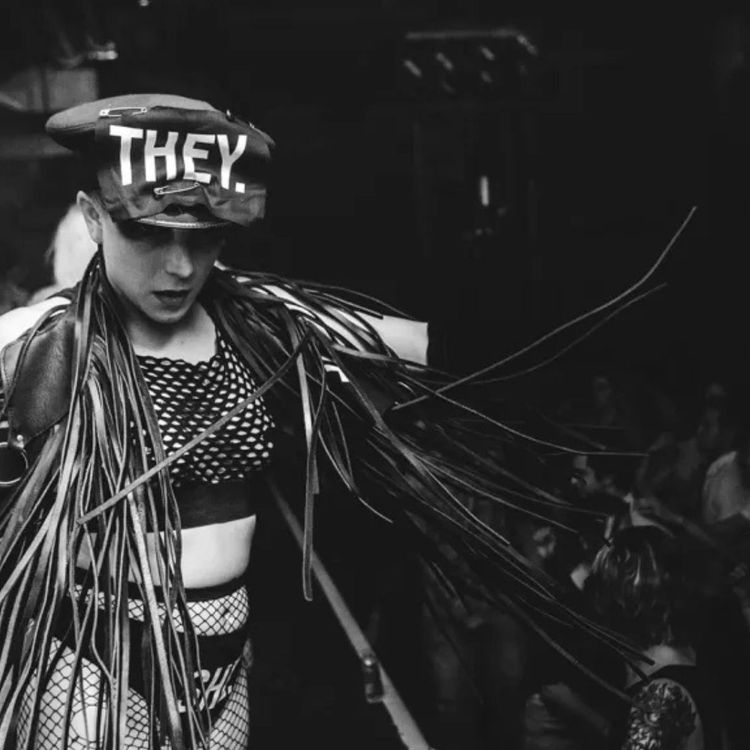A Perfectionist’s Path: A Q&A with Jono Stephenson
If you’ve been paying attention to the melodic techno circuit, there’s a good chance you’ve already felt the pull of Jono Stephenson’s sound — whether it’s through his most played tracks, his collaborations with artists like Henri Bergmann, or his fast-growing presence on lineups from Cape Town to Brooklyn.
Rooted in a classically musical upbringing in South Africa and shaped by a deep love for analog textures, Jono is the kind of artist who lets his music do the talking — and yet when he does speak, it’s with intent. His breakout single “I Can’t Save You” soared past a million streams, and he’s followed that with releases on Zamna, Purified, Siona, and more. But behind the artist is someone introverted, obsessive about details, and quietly building something more thoughtful than hype alone.
We caught up with Jono ahead of his next wave of tour dates to talk about early inspirations, Caesar salads, Ableton disasters, and the one record he’ll never leave behind.

What’s one thing most people don’t know about you?
I'm actually a super introverted and mostly quiet person.
If you weren’t a DJ/Producer, what would you be?
Honestly, I’m genuinely not sure — there is no other way for me. It’s been my only true love and passion.
What’s the most memorable moment of your career so far?
Playing Hï Ibiza — that was a mega moment.
Who’s an artist that inspires you right now?
What’s a track you play when you want to get the crowd hyped?
What’s your go-to snack or drink before a show?
Caesar salad, Red Bull, and mango juice.
Favorite city to play in, and why?
Dubai or NYC. They’re both strong and bold.
How would you describe your sound in three words?
Emotive. Deep. Evolving.

What’s one non-music-related thing that makes you happy?
Cooking. I’ve been doing it for nearly 18 years.
What’s a track that always brings you back to your roots?
If you could collaborate with any artist, dead or alive, who would it
be?
Anyma, Cassian, or KAS:ST.
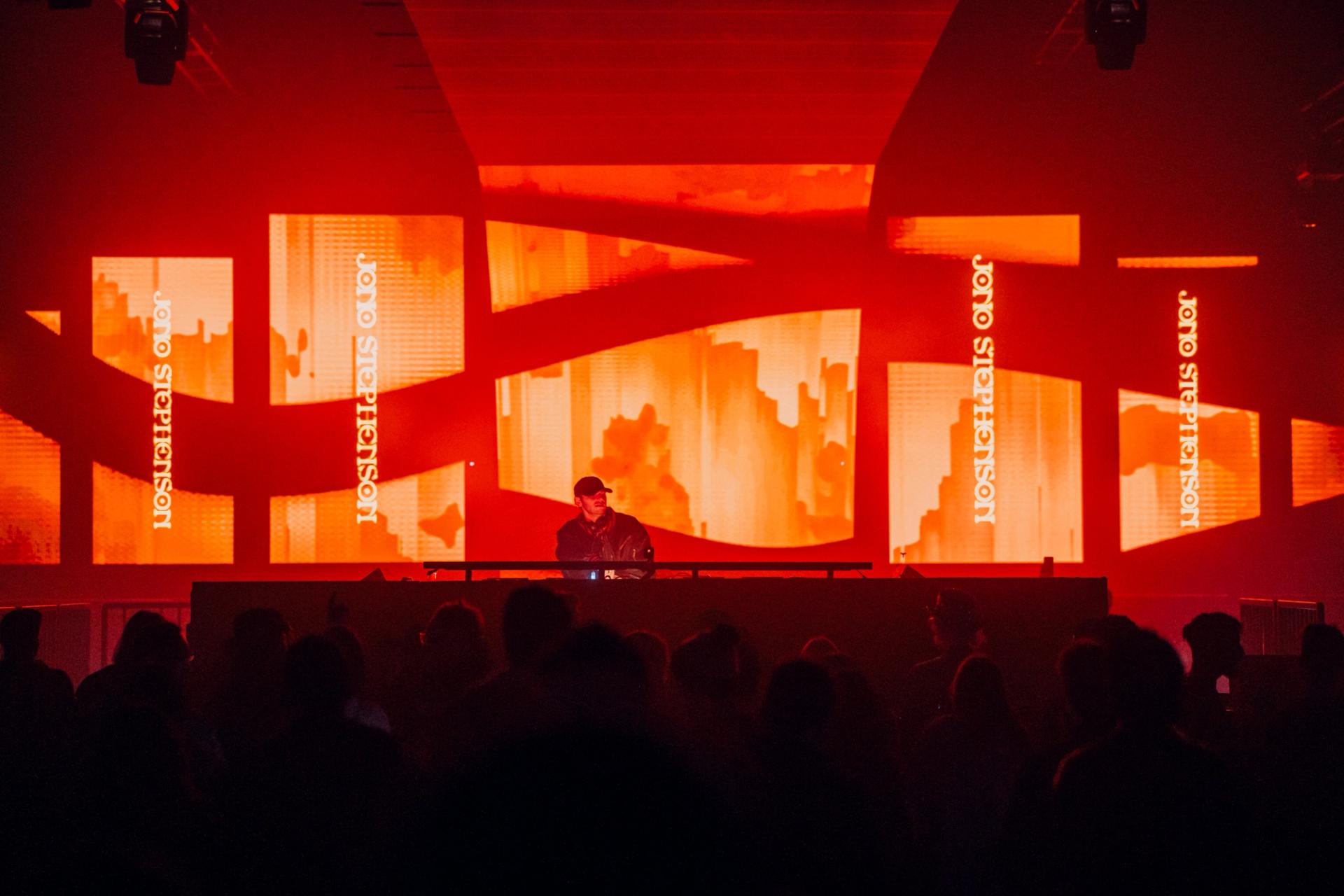
Favorite non-music-related hobby?
Cooking — 100%.
If you could time travel to any era of music history, when would it be and why?
Honestly, I think today’s music scene is incredible with the variety of sounds and genres we have access to.
What’s a record that never leaves your crate or USB?
If you weren’t touring or in the studio, where would we find you?
With friends at a restaurant or by the beach.
What’s a fun fact or hidden talent that has nothing to do with music?
I'm super good at competitive FPS games.
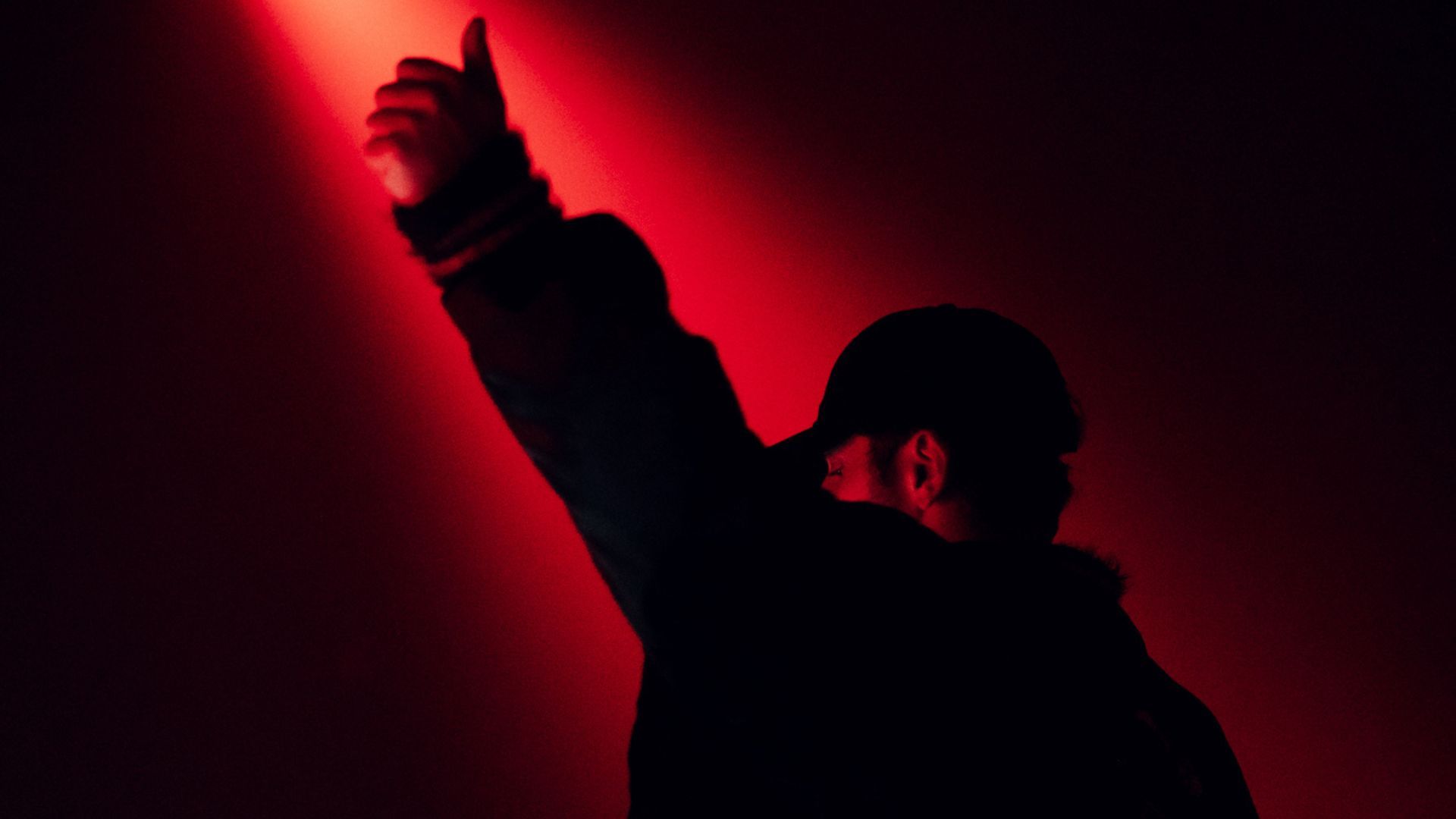
What’s something simple that makes you smile?
Nature. A really good sunrise or sunset.
What’s a memory you never want to let go of?
The moments shared with friends who became family.
When do you feel most at peace?
When I’ve done a good job — usually in the morning after prayer and reflection.
What’s something you forget but always feel better when reminded?
My journey — especially that I came from a small farm in South Africa.
What’s something meaningful to you that others might not understand?
Debating philosophy and learning from history. It helps us avoid repeating old mistakes.
What personal prison have you built out of fear?
Inadequacy.
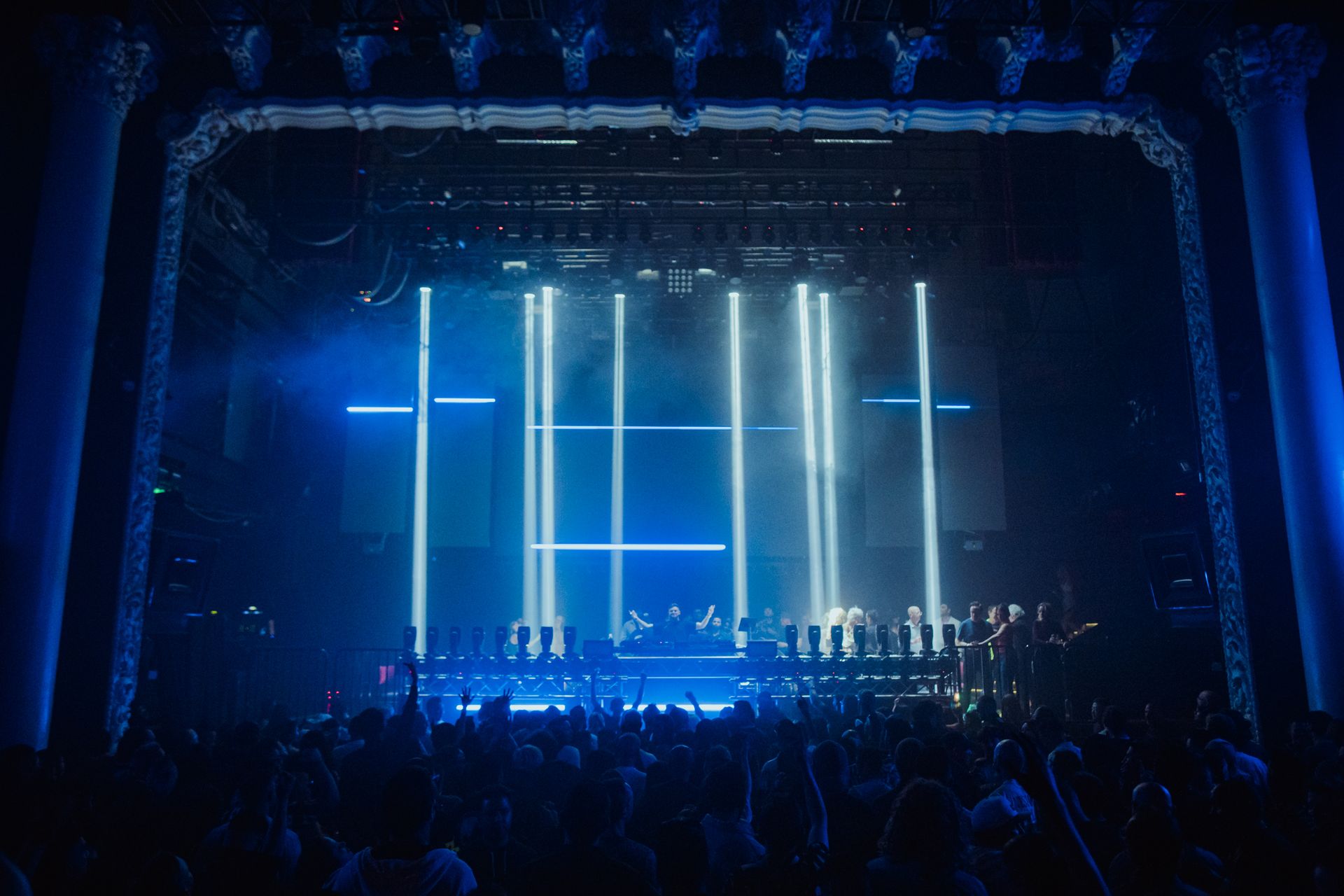
What’s something normal to you that others might find weird?
Some of my OCD traits.
If you could compliment yourself, what would you say?
Mum would be proud.
From a production perspective, what’s the most expensive mistake you’ve made to put on a great show?
Paying way too much for a videographer when it wasn’t necessary.
Any gut-wrenching stories of losing your music or projects?
Yes — I lost my entire Ableton library and sample bank about a year and a half ago. Completely gone.
What makes you cringe when you listen to your early material?
The lack of advanced technique… but I think that’s the same for everyone.
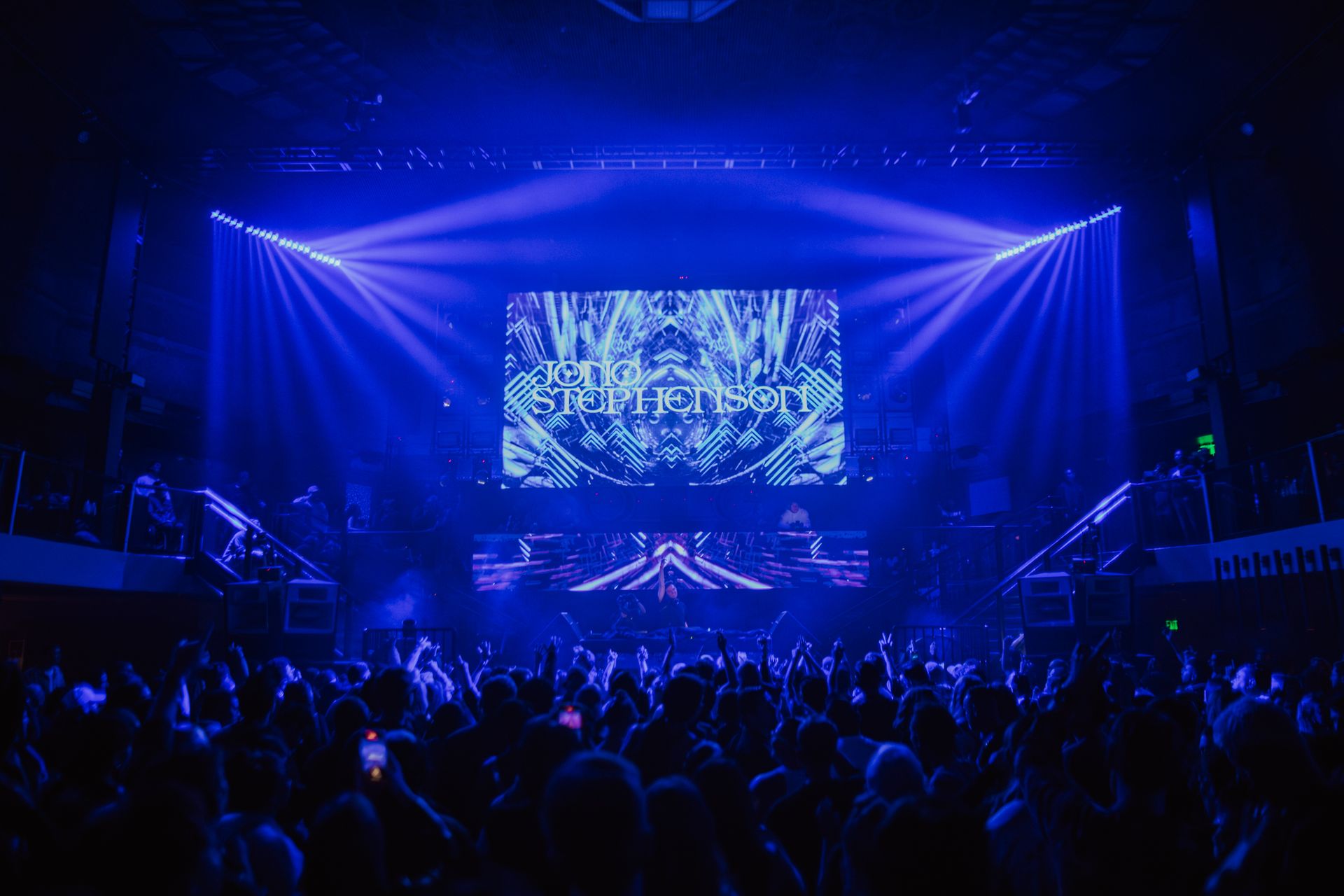
What do you find yourself obsessing over in the studio?
Literally everything. I’m always chasing perfection.
What’s your favorite set time and duration?
Ideally 12–2am or 1–3am depending on the space. Two hours is perfect for me.
If you had to erase one genre of music for all eternity…?
Honestly, none. Every genre has its place and contributes something to the culture.
